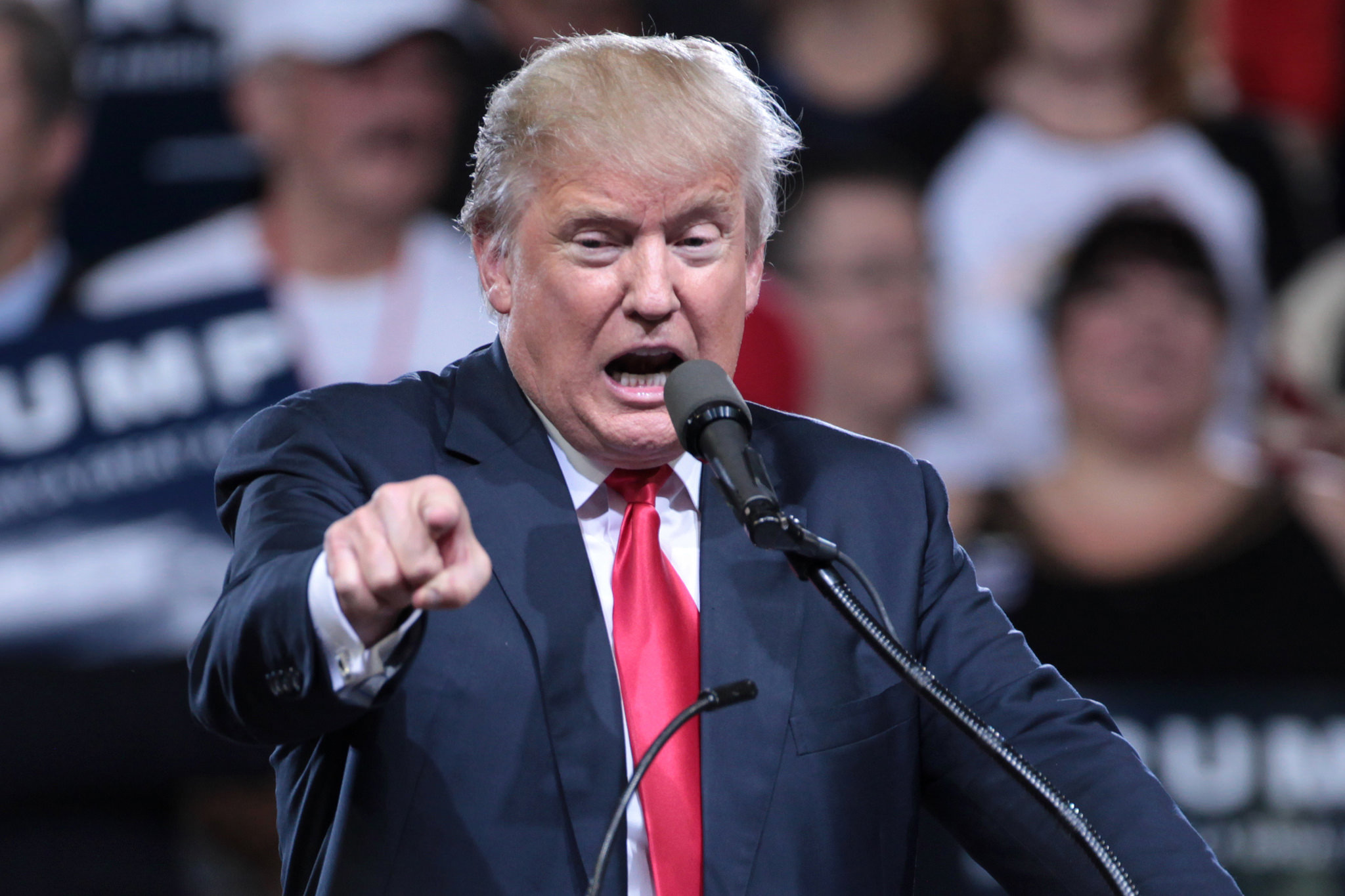
Fan Gaoyue, Guest Professor at Sichuan University, Former Chief Specialist at PLA Academy of Military Science
May 28, 2018
Whilst Trump’s “America First” policy created the largest monthly budget surplus since 1968 (at $214 billion) in April this year and cut unemployment to below 4% for the first time since 2000, US credibility may have been permanently hurt.
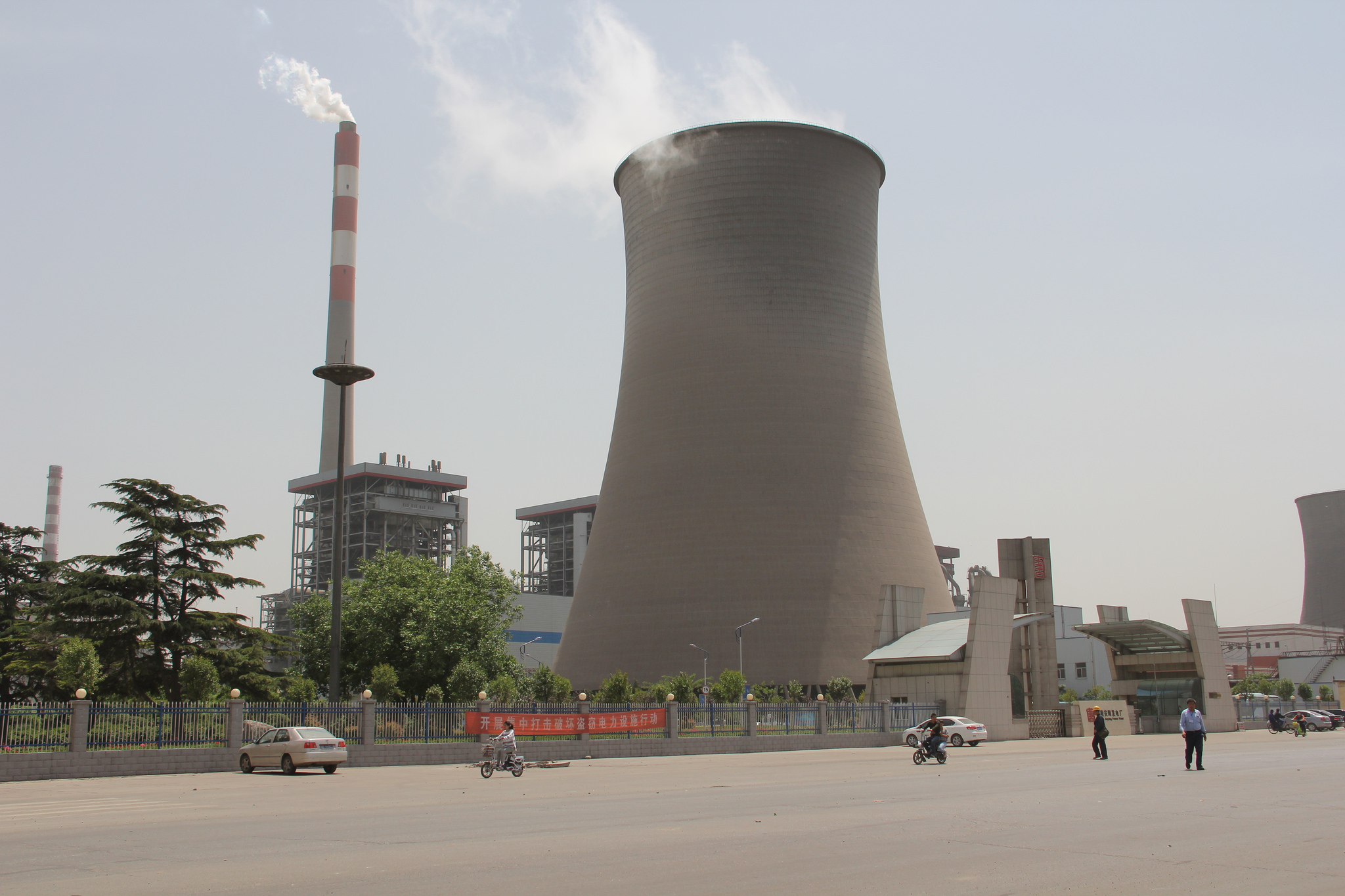
Mikaila Smith, J.D. Candidate at the University of Chicago Law School
May 15, 2018
Contemporary discourse around climate change, energy consumption and geopolitics typically depicts China either as a 21st century redeemer or as an inevitable tragedy. Both of these narratives tend towards the extreme.
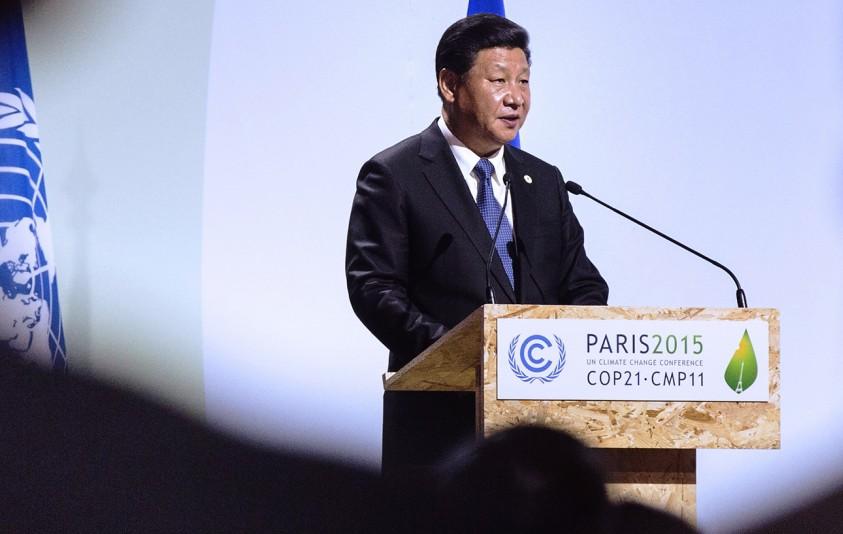
Zach Montague, News Assistant, New York Times
Nov 22, 2017
At the 19th Party Congress, President Xi announced that China had “taken a driving seat in international cooperation to respond to climate change.” But as much as Beijing has done to get its own house in order domestically, it has hasn’t always let concern over climate change inform its trade policy or diplomacy. And while China is becoming a cleaner, lower-emissions country at a national level, it has done so by "outsourcing" emissions, both internally and overseas.
Nov 01, 2017
A Chinese official said Tuesday that his country still wants to cooperate with the U.S. on climate change and hopes an upcoming meeting on the issue in Germany
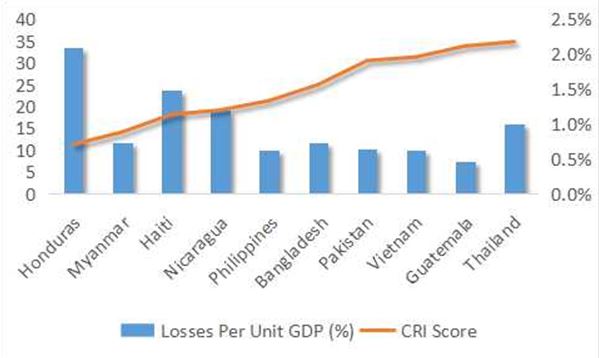
Dan Steinbock, Founder, Difference Group
Sep 08, 2017
Recently, the world has witnessed larger typhoons and bigger hurricanes in size and frequency. As climate risks are escalating, efforts to contain collateral damage are eroding. What is needed is joint U.S.-Chinese climate leadership.

He Yafei, Former Vice Minister of Foreign Affairs
Nov 24, 2016
Globalization is always an evolving process, with inevitable ups and downs and not moving in a linear fashion. Despite populist reservations in the US and UK, the international community has become intertwined and interdependent, thanks to global free trade and investment. Cooperation to tackle global challenges will continue while more efforts will address the “global governance deficiency” in promoting social justice and fairness such the widening gap between rich and poor both domestically and among nations.
Wu Zurong, Research Fellow, China Foundation for Int'l Studies
Oct 20, 2016
When one side is trying its best to make use of a dispute to exert pressure on the other side, it becomes very difficult for either side to see and appreciate common interests. Recent history offers many examples of how shared goals, such as curbing greenhouse gases and cyber crime, can point the way to fruitful cooperation instead of conflict.
Carla Freeman, Director of the Foreign Policy Institute of Johns Hopkins SAIS
Oct 18, 2016
Friction between Washington and Beijing may be growing, but the Paris climate change agreement stands out as a powerful example of what can be achieved when the U.S. and China cooperate. In the context of U.S. climate politics, cooperation with China may do little to persuade opponents of climate change policy whose views are rooted in denial of climate change. However, cooperation between the two countries in tandem with the Paris Agreement has engendered a sense among industry leaders that sustained competitiveness must involve adapting to a low carbon economy.
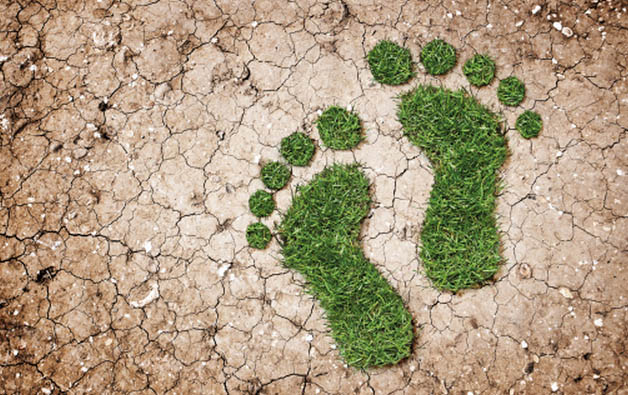
Matthew D. Johnson, Chair, East Asian Studies and Associate Professor, History, Grinnell College
Oct 07, 2016
Matthew Johnson discusses the environmental and political implications of the Paris Agreement as it is poised to take effect. Ratification of the Paris Agreement by the U.S. and China signifies an increasingly rare moment of visible cooperation between two environmentally impactful countries. What remains to be seen is how leadership gets allocated in terms of economic benefit and global rule setting.
Marianne Ojo, Visiting Professor and Post-doctoral Researcher, George Mason University
Sep 28, 2016
The 2015 Paris Climate Summit Agreement witnessed a huge and significant step forward in its legal enforcement, on September 3, 2016, following its ratification by China and the United States. Marianne Ojo discusses specifics of the Agreement, and the inspiration China and the U.S. provide for the remaining countries to sign the Agreement—still needing at least 30 more signatures to legally take effect.
Back to Top

- China-US Focus builds trust and understanding between the U.S. and China through open dialogue among thought leaders.
- Our Offerings
- Topics
- Videos
- Podcasts
- Columnists
- Research Reports
- Focus Digest
- Stay Connected
-
Thanks for signing up!
- Get the latest stories from China-US Focus weekly.